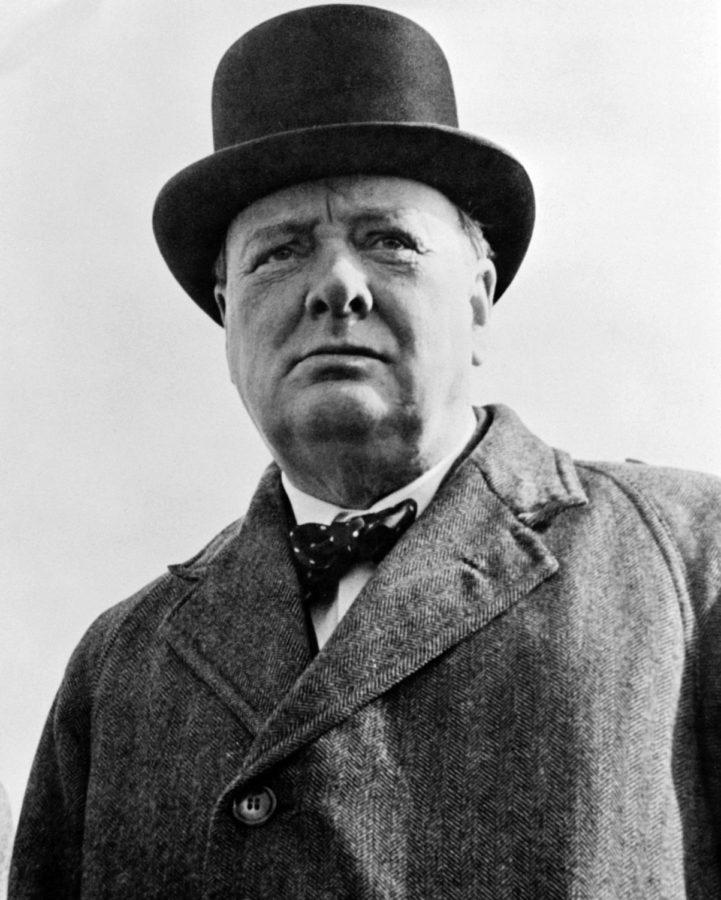Bohl: Value the method as much as the result
February 16, 2011
I can still hear them say it, over and over again, like parrots thrown the peanuts of the social machine, “Work smarter, not harder! Work smarter, not harder! Work smarter, not harder! If you’re smart enough, you can get paid a lot of money for doing very little work, and no real labor at all. Then you can buy the TV you want, and the car you want, and have the family you want, all because you worked smarter, not harder!”
Then came the examples: “Mr. So-and-so developed a dot com business in his basement in a week, now he never has to work again. He loafs around all day and plays golf,” or, “You know, you just need one good idea, then you’re set for life.”
Certainly these statements bear a certain fiscal verisimilitude, and I suspect that many of the examples provided are true insofar as the profitability of intellectual property is concerned, but this labor-liturgy of our generation does little to strengthen the substance of our lives.
In fact, we find again and again in the lives of truly great men the presence of manual labor, whether required or not. Why is this?
Certainly, Winston Churchill need not have laid the bricks of his house himself. With his attentions occupied in politics and in the writing of the enduring chronicle of WWI entitled “The World Crisis,” he could have justified paying someone to build his home, but instead, he chose to use the brawn of his hands to build and creativity of his mind to design the home that would ultimately become “an extension of the man himself in brick and mortar.”
But why? Churchill painted prolifically, wrote and spoke effulgently and exercised with a dauntless, youthful temperament. Could it be that in a man as complete and wonderfully talented as this, something was still missing?
My guess is that Churchill knew the intrinsic value of the work of his hands.
He knew that working is never a waste of time, and he knew that the only way to truly create something is with your own hands. This notion is vastly unpopular, and completely estranged from the modern college campus.
Many college students look down on trade work, and do not see the necessity — both for society and for their own souls — of manual labor. This attitude is primarily a misconception that is allowed to live and breathe because of its distance from reality.
It is this very separation from reality that manual labor — especially of a mechanical nature — mends. Craftsmanship brings a man wholly and completely into the grasp of reality, and in turn, he bends this reality to his creative imaginings. But these imaginings are not selfish.
They are not the idle expression of his emotions, or some impalpable passion of his psychology. They are his solution to a problem; a reaction to his reality, a reality provided him by nature and a reaction that is only successful — i.e. a solution — when nature is understood.
The failure of his creative understanding lies evident in the failure of his solution — whether the regreasing of a wheel bearing or the laying of bricks — to endure the rigors of reality. If the craftsman is wrong in how he understands the nature of a problem, he fails, but it is in this failure that he learns. His hands and his mind are taught directly from the nature of his work. There is no manual to direct him, no teacher to scold him. There is no “proper way.” There is simply what works, what endures and what is.
This given, it is no wonder that manual work has often been regarded as religious by nature. Zen monks and Trappist monks alike have labored for centuries as common farmers, woodworkers and blacksmith because of their belief that it brings them closer to the nature of the divine — in some schools of Zen this is the only thing that truly exists.
It truly is as Robert Pirsig says in “Zen and the Art of Motorcycle Maintenance”: “The Buddha, the Godhead, resides quite as comfortably in the circuits of a digital computer or the gears of a cycle transmission as he does at the top of a mountain or in the petals of a flower.”
It is a pity that as a culture we have come to value the work of the mind more than the work of the hands. To do so is to value the quadriceps more than the hamstring, to value the water more than the pipes that bring it to us.
Since, as a culture, we have devalued labor, we have distanced ourselves and our understanding of just how difficult and essential it is. Being an engineering research assistant I have seen firsthand the value of manual labor and trade skill.
Despite the fact engineers lead our project, it would never have been more than sketch without the talent and experience of welders, electricians and technicians. But let us do one better than recognizing the societal criticality of labor, let us revel in it as a chance to express ourselves in a pure and simple form.

















